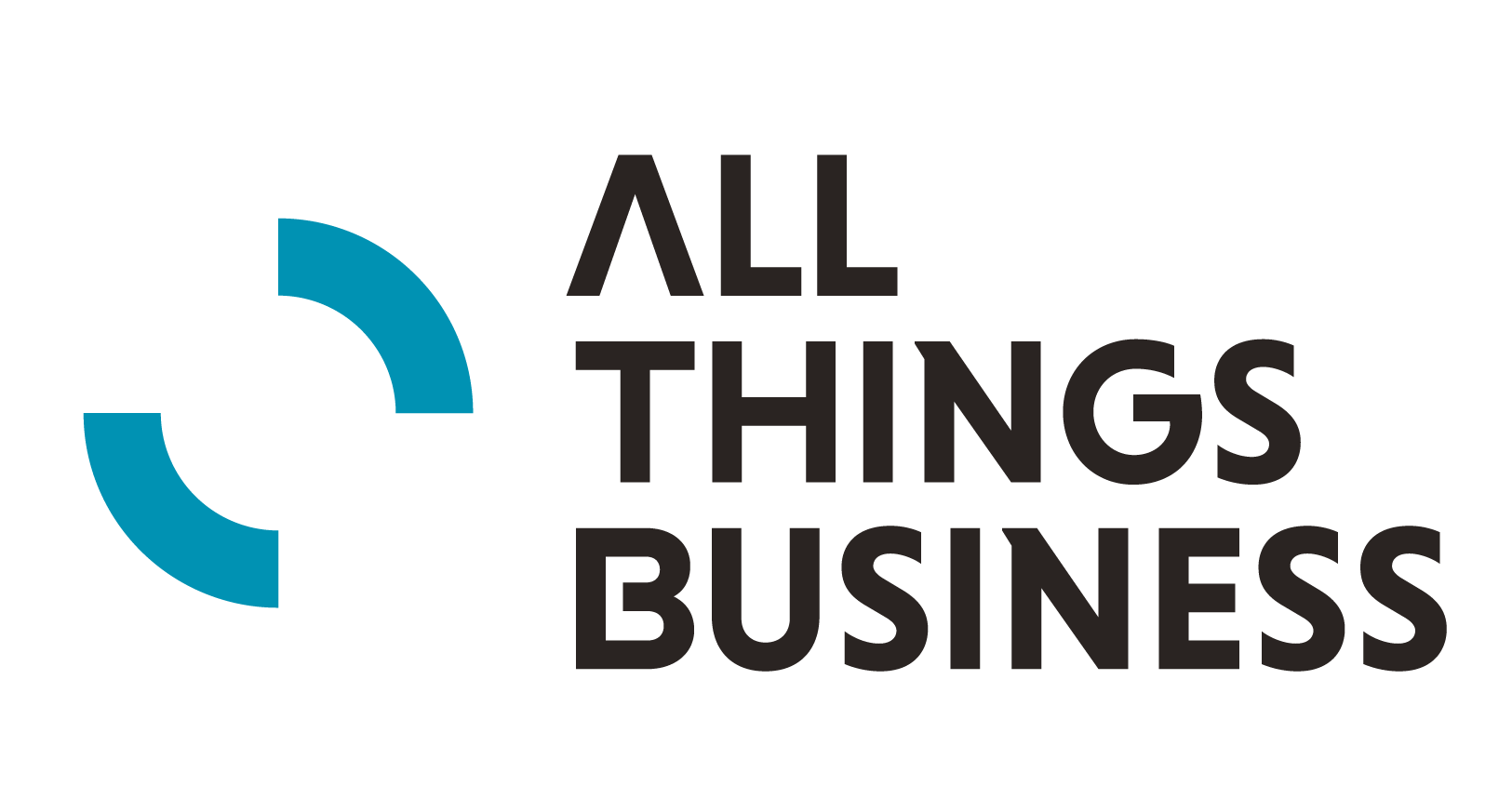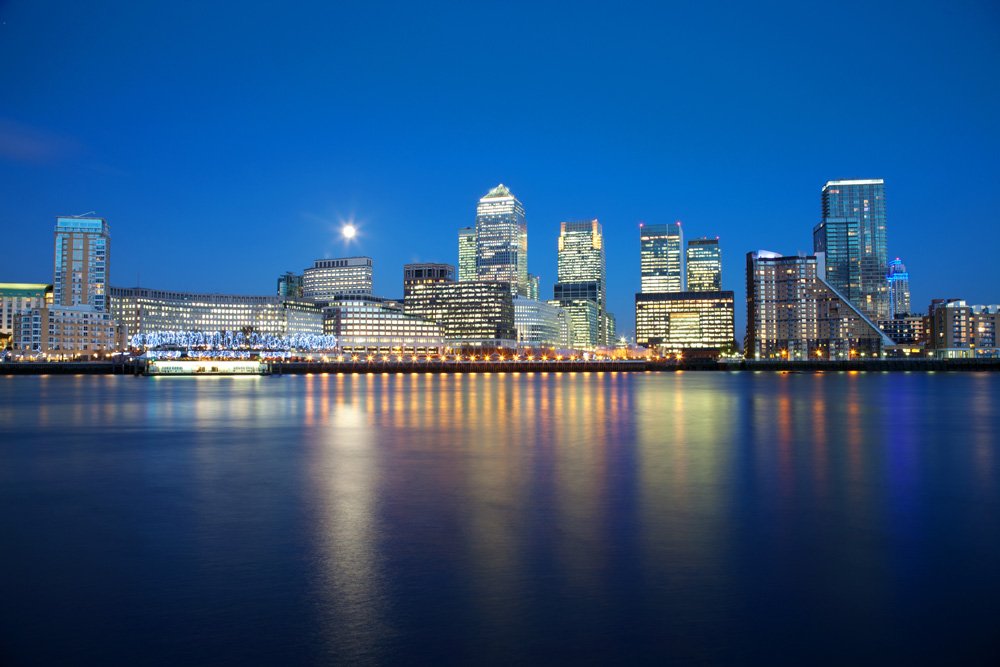The economic climate for London’s businesses, particularly the capital’s micro companies, remains uncertain, according to James Watkins, Head of Policy and Public Impact at London Chamber of Commerce and Industry (LCCI).
He was speaking after the publication of the LCCI’s latest quarterly economic survey, the Capital 500, which showed that businesses in London are being squeezed by the cost-of-living crisis as consumers tighten their belts and domestic demand falls.
James said:
“On the one hand, there are encouraging signs of a recovery in London as the number of inbound tourists from overseas increases and office workers make more journeys in the week into the centre.
“At the same time, however, the latest Capital 500 shows domestic sales have plateaued, business confidence has slumped, and costs are rising sharply for London companies. Concerns over inflation, rising borrowing costs and a tight labour market are growing as well.
“Measures undertaken by the Chancellor to support households are welcome and will hopefully alleviate the pressures on the most vulnerable in our society. Additional support is needed, however, to reduce the cost of business to help London and the UK thrive.”
“With the tragedy of the ongoing war in Ukraine combined with the slow recovery from the pandemic and fears of a trade war with the European Union, it is testament to the entrepreneurial drive of London businesses that the capital remains the place to do business.”
The Capital 500, which seeks to gauge business performance and confidence levels in businesses of various sizes across the capital, interviewed 510 business leaders in the capital. Unsurprisingly, business confidence weakened significantly over the last quarter which reflects fears over inflation, weak demand and the threat of a recession. This evidence further substantiates calls on the government to do more to support businesses through these exceptionally difficult times.
The number of businesses with a positive economic outlook has dropped significantly since the last quarter, with just over one in three (36%) firms expecting their profitability to improve compared with 42% in Q1 2022. The proportion of businesses that expected profitability to worsen over the coming year grew from 18% to 26%, the most significant increase in five quarters.
The severity of this downturn demonstrates the negative impact weak cashflow, intensifying cost pressures and softer profitability expectations are having on business confidence in the capital.
Businesses in London are also being squeezed by the cost-of-living crisis as consumers tighten their belts and domestic demand falls – a quarter (25%) of businesses said sales had fallen in Q2, up from 20% in Q1. The sectors worst affected were service sector businesses, particularly those based in professional services and the arts, entertainment and recreation industries.
Richard Burge, Chief Executive of LCCI, said:
“The results demonstrate the immense pressure businesses are facing as the operate in a deeply uncertain economic climate. Time and again London businesses have demonstrated their remarkable resilience when faced with adversity, but current trading conditions are unsustainable. It is imperative that the government alleviates the cost of doing business crisis by introducing tangible support measures such as halting corporate income tax, reducing business rates and reversing the planned rise to National Insurance.”

Prior to UK inflation reaching a new 40-year high of over 9% in June, businesses highlighted legitimate concerns over future rises:
Three quarters (76%) of business said they are more concerned about inflation now than they were three months ago
Two in five businesses (43%) said that their cost of borrowing had increased in the last three months, the highest share recorded by the Capital 500 since Q2 2014.
The cost of doing business was felt acutely with the rise of energy and fuel costs:
Three quarters of businesses (77%), said energy costs have gone up in the past three months, an eight-percentage point increase from Q1 2022.
Over three in five (63%) businesses named utilities as putting them under pressure to raise prices, more than any other cost pressure.
75% of all London businesses said that their fuel costs had risen in Q2, up from 61% in the Q1 2022 survey.
Unsurprisingly, the economic outlook for the capital took a severe downturn in Q2 as cashflow failed to recover: nearly half (48%) of London businesses expect the capital’s economy to worsen over the next 12 months and the proportion of businesses expecting the UK’s economic growth to worsen has risen from 38% in Q1 2022 to 56% in Q2.
Vicky Pryce, Chief Economic Advisor and Board Member, Centre for Economics and Business Research (Cebr), said:
“Since the fieldwork for the latest London Quarterly Economic Survey was undertaken, the mood has turned increasingly negative and stock markets have reflected that unease. After more or less stagnant growth in advanced economies in the first quarter, global indicators suggest a further slowdown in activity in Q2. What now looks like a prolonged war in Ukraine has sent inflation upwards, resulting in sharper than anticipated interest rate increases and accentuating an already developing cost of living crisis.
“New COVID lockdowns in China have contributed to this. However, the war has had a wider impact across the globe. Input costs are rising strongly on the back of energy price increases and continued supply shortages. Investment and growth have suffered. In the US, where GDP fell at an annualised rate of 1.4% in Q1, both manufacturing output and consumer confidence have been under pressure in Q2. In the UK, GDP fell by 0.3% in April after a 0.2% decline in March. The drop was felt across all sectors, including manufacturing and construction, though the services decline was mainly due to a drop in health service spending.
“On the positive side, unemployment remains near record low levels at 3.8%, while pockets of big staff shortages remain across many sectors. At the same time, although retail is suffering, spending in other consumer services is rising, including hospitality. Tourism is rebounding too, but it has brought with it travel chaos as the industry – and the supporting infrastructure – were ill-prepared for the unleashing of the huge pent-up demand. This has been well-documented, and the UK is not the only country in Europe with problems in the sector that will be difficult to resolve in a hurry.
“In the meantime, cost of living issues, centring mainly on energy, fuel and food are likely to dominate the remainder of the year. The Government is widely expected to intervene again, despite pressure on public finances, to provide further support to those most in need.”
The full report can be found at www.londonchamber.co.uk

